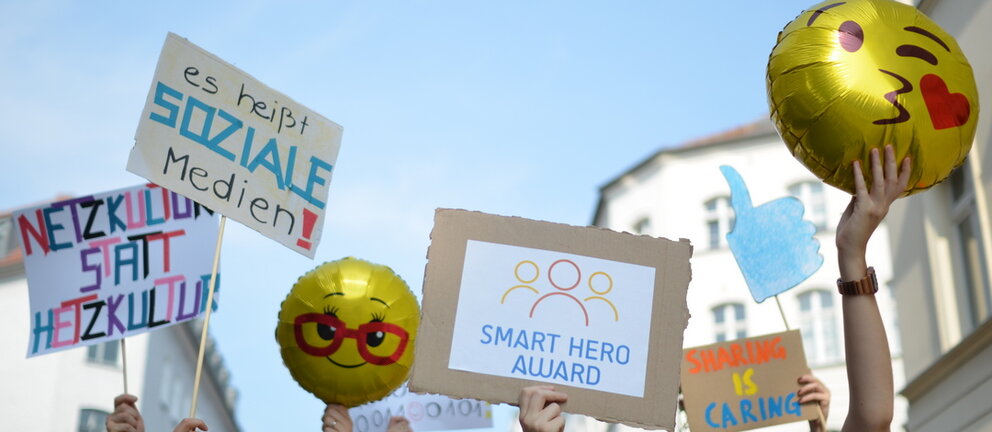History of the foundation
In 2000, just under one-third of the population in Germany aged 18 and over had already used the Internet at least once - predominantly younger, male and well-educated people.
It was also known from comparative studies in other European countries and the USA that the development of Internet use is not uniform within the population.
For this reason, Werner Müller, then Federal Minister of Economics, gave the go-ahead for the Digital Opportunities Network on September 20, 2001. This laid the foundation stone for the Digital Opportunities Foundation, which was set up jointly by AOL Deutschland and the University of Bremen. On January 2, 2002, it was finally approved by the Berlin supervisory authority for foundations.
In the first few years, the focus was on building up a database of Internet experience sites such as libraries, youth centers and senior citizens' facilities, in order to give people an initial experience of using the medium. As a result, an increasing demand developed for offers to teach media literacy. With the support of the foundation's advisory board, it was possible to implement training courses for social workers at AWO, Caritas, CVJM, Diakonie, DRK and ZWSt institutions.
Socio-political measures to promote equal-opportunity access to the Internet and prevent a digital divide are still needed today.
In cooperation with partner organizations in Germany and Europe, the prerequisites for successful media literacy education have been and are being researched and concepts for dissemination and implementation are being developed.
The portfolio of our topics today includes:
- Accessibility
- Cultural Education
- Children's rights and youth media protection
- Data protection, safety and privacy by design
- Social media
- Social engagement
- Combating disinformation and hate speech
- Development of digitization in rural areas and in voluntary work

